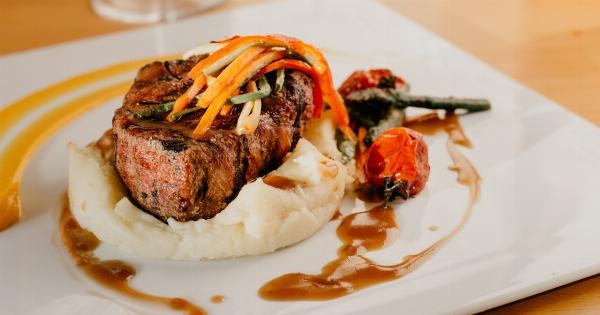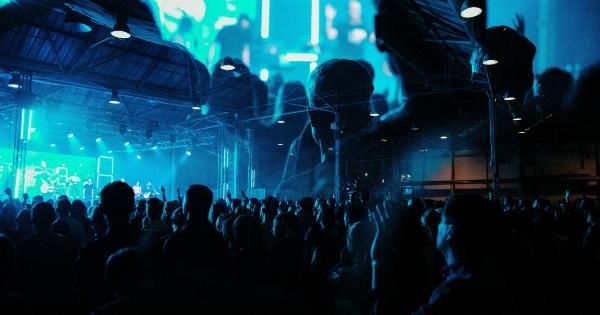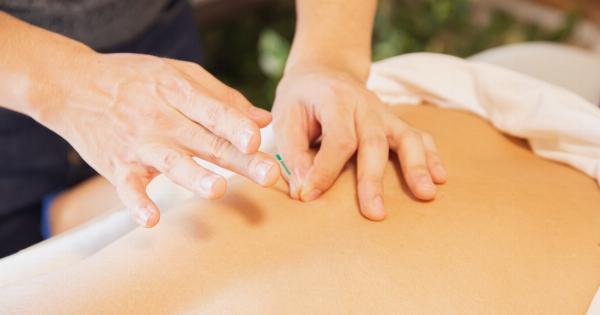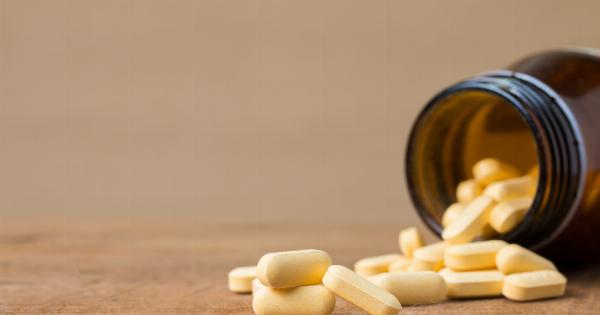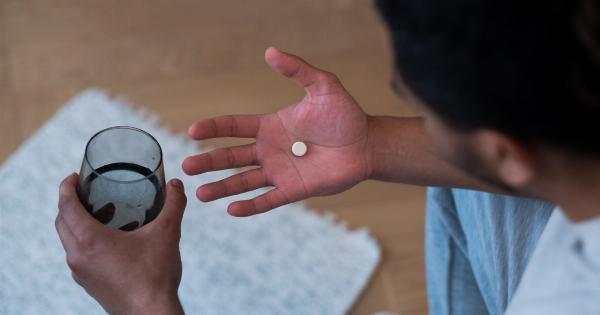A hangover is a common and unpleasant experience that many people go through after a night of heavy drinking. While there is no magic cure for a hangover, there are numerous myths and misconceptions associated with this condition.
In this ultimate guide, we will separate fact from fiction and provide you with the truth about hangovers, helping you understand what really works in relieving those dreaded symptoms.
Myth 1: Eating a greasy meal before drinking prevents a hangover
Many people believe that eating a greasy meal before consuming alcohol can prevent or lessen the severity of a hangover. However, this is nothing more than a myth.
While a greasy meal may slow down alcohol absorption, it won’t prevent the alcohol from affecting your body. The best way to minimize the effects of alcohol is to drink in moderation and stay hydrated.
Myth 2: Coffee cures a hangover
While a cup of coffee may help you feel more alert after a night of heavy drinking, it doesn’t cure a hangover. In fact, caffeine can further dehydrate your body and worsen the symptoms.
It’s essential to drink plenty of water or rehydration fluids to replenish the lost fluids and electrolytes. Furthermore, excessive coffee consumption can lead to increased heart rate and anxiousness, making you feel even worse.
Myth 3: Taking painkillers before bed eases hangover symptoms
Some people swear by taking painkillers, such as aspirin or ibuprofen, before going to bed after a night of drinking.
While these medications can help alleviate headache symptoms, taking them while alcohol is still present in your system can put a strain on your liver and increase the risk of liver damage. It is best to wait until the alcohol has fully metabolized before taking any pain relievers.
Myth 4: Only weak alcoholic drinks cause hangovers
The intensity of a hangover is not solely determined by the strength of the alcoholic beverages you consume.
While higher alcohol concentrations may lead to more severe hangovers, other factors like the total amount consumed, hydration levels, and individual tolerance also play significant roles. Mixing different types of alcohol or consuming excessive amounts can worsen hangover symptoms regardless of the alcohol’s strength.
Myth 5: Alcohol has to be completely avoided to prevent hangovers
Avoiding alcohol altogether is the most effective way to prevent a hangover. However, if you do choose to drink, it’s important to do so responsibly and in moderation.
Staying hydrated, eating a balanced meal, and pacing yourself can help reduce the likelihood and severity of a hangover.
Myth 6: Hangovers only occur after excessive drinking
While it’s true that consuming large quantities of alcohol can result in severe hangovers, even moderate drinking can lead to unpleasant symptoms.
Each person’s tolerance for alcohol differs, and genetics, age, weight, and overall health can also impact how susceptible you are to hangovers. It’s important to know your limits and drink responsibly.
Myth 7: Drinking water between alcoholic drinks prevents hangovers
Drinking water between alcoholic beverages is often touted as a foolproof method to prevent or reduce hangovers. While it certainly helps to stay hydrated and pace yourself, it does not guarantee a hangover-free experience.
Only consuming alcohol in moderation and giving your body time to metabolize the alcohol can truly reduce the likelihood of a hangover.
Myth 8: Hangovers can be cured by “hair of the dog”
The concept of curing a hangover with a small amount of alcohol the next morning, often referred to as “hair of the dog,” is nothing more than a temporary fix.
While it may temporarily alleviate symptoms by providing relief from alcohol withdrawal, it only further delays the inevitable and can lead to a vicious cycle of excessive drinking. Rest, rehydration, and time are the most effective remedies for a hangover.
Myth 9: All hangovers are the same
Hangovers can manifest differently in different individuals. While common symptoms include headache, nausea, fatigue, and dehydration, the severity and combination of these symptoms can vary.
Factors such as the type of alcoholic beverage consumed, individual metabolism, and overall health can influence how a hangover affects you. Additionally, certain individuals may be more prone to psychological symptoms, like anxiety and depression, during a hangover.
Myth 10: Over-the-counter hangover remedies are a magical solution
The market is filled with various over-the-counter hangover remedies claiming to be the ultimate cure. However, the majority of these products have little scientific evidence supporting their effectiveness.
While some may provide temporary relief of specific symptoms, there is no magic pill for curing a hangover. It is best to stick to well-established remedies like rehydration, pain relief if necessary, and rest.
Conclusion
Now that you can separate fact from fiction regarding hangovers, you are better equipped to deal with them. Remember, the most effective ways to prevent or minimize hangovers are to drink responsibly, stay hydrated, and know your limits.
While there is no surefire method to completely avoid a hangover, understanding the truth can help you make informed decisions and take the necessary steps to recover.


